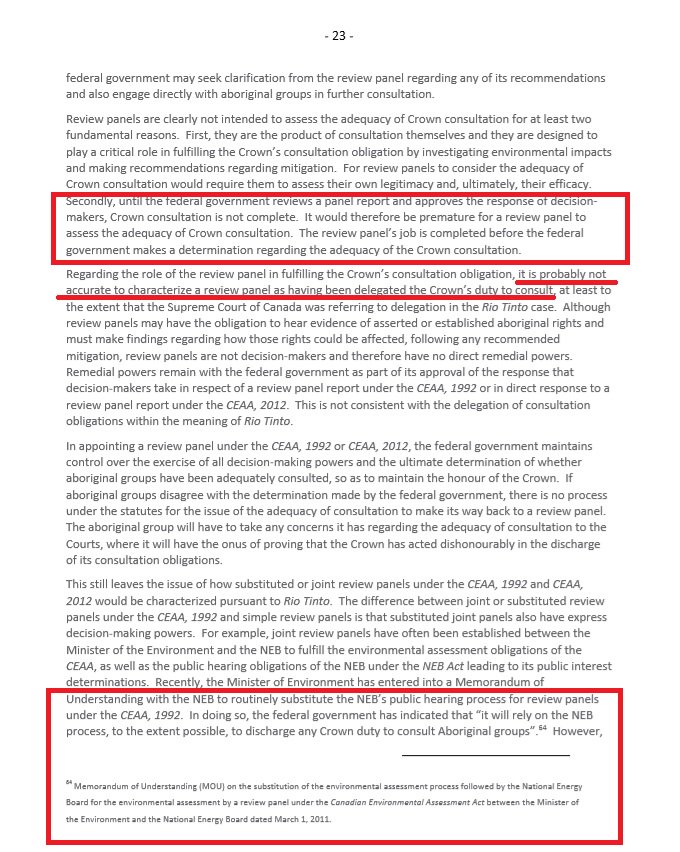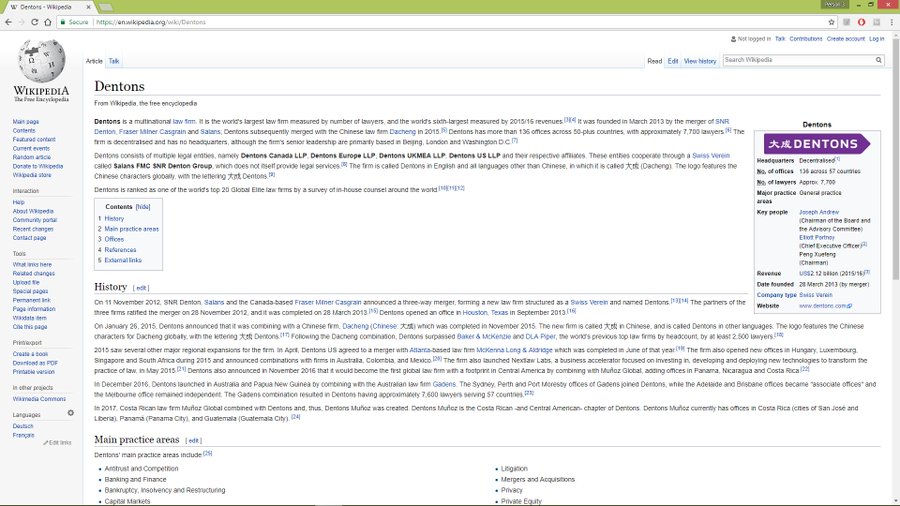ThomassRichards's Categories
ThomassRichards's Authors
Latest Saves
This article exemplifies how colonial mentality -- the internalization of attitudes of cultural inferiority by previously colonized people -- is multigenerational. Their descendants' may never have been colonized physically, but their minds remain shackled.1/9
And in spite of a father's, a "hairy-chested" uncle's, or respected organizations like @ChinmayaMission's best efforts, racist, colonial tropes about Hindus and Hinduism rooted in European ideas of white and Christian supremacy persist, and in this case, prove insurmountable.2/9
What's fascinating (and frustrating) is how @mathangiwrites and many like her freely borrow the language of decolonizing used by other post-colonized peoples yet remain completely unaware of the colonial paradigms through which they view and demonize their own tribe. 3/9
And they want to fight against the conflation of Hindu and Indian identities, but have no problem conflating Hinduism with casteism, colorism, patriarchy, religious bigotry, and whatever other social ills?!? 4/9
She ridicules her “hairy chested” uncle who was probably a well-meaning community elder wearing his traditional unstitched, unstitched dhoti, taking time on weekends to pass on Sanskrit chanting and ancient ceremonies to kids like her in the community. 5/9
"For decades, I conflated my Indian identity with my Hindu identity, unwittingly perpetuating the marginalization of Indians like my daughter and her birth family, and like my many non-Hindu Indian friends," writes @mathangiwrites. https://t.co/ZvNfc3XlIC
— Harper's Bazaar (@harpersbazaarus) January 27, 2021
And in spite of a father's, a "hairy-chested" uncle's, or respected organizations like @ChinmayaMission's best efforts, racist, colonial tropes about Hindus and Hinduism rooted in European ideas of white and Christian supremacy persist, and in this case, prove insurmountable.2/9
What's fascinating (and frustrating) is how @mathangiwrites and many like her freely borrow the language of decolonizing used by other post-colonized peoples yet remain completely unaware of the colonial paradigms through which they view and demonize their own tribe. 3/9
And they want to fight against the conflation of Hindu and Indian identities, but have no problem conflating Hinduism with casteism, colorism, patriarchy, religious bigotry, and whatever other social ills?!? 4/9
She ridicules her “hairy chested” uncle who was probably a well-meaning community elder wearing his traditional unstitched, unstitched dhoti, taking time on weekends to pass on Sanskrit chanting and ancient ceremonies to kids like her in the community. 5/9
Everyone likes to forget this episode just because it's terrible, but we were really sleeping on inherent comedy in a unfreezing an investor 300 years in the future and having them discover we've transitioned to a moneyless post-scarcity utopia.
it's like a classic twilight zone episode.
in fact, it IS a twilight zone episode.
The Rip Van Winkle Caper, Season 2, episode 24.
Four criminals steal a million dollars of gold bars, then put themselves in suspended animation for a hundred years to hide from the law.
they wake up, then start killing each other from mistrust, then the last one dies in the desert, as he offers a gold bar to the driver of a passing car, asking for water and a ride into town
the confused driver walks back to his car with the bar, and his wife asks what the gold bar is.
he says something like "It's gold... they used to use this for money, before we figured out a way to manufacture it."
He tosses it away, and drives off.
— Star Trek Minus Context (@NoContextTrek) January 28, 2021
it's like a classic twilight zone episode.
in fact, it IS a twilight zone episode.
The Rip Van Winkle Caper, Season 2, episode 24.
Four criminals steal a million dollars of gold bars, then put themselves in suspended animation for a hundred years to hide from the law.
they wake up, then start killing each other from mistrust, then the last one dies in the desert, as he offers a gold bar to the driver of a passing car, asking for water and a ride into town
the confused driver walks back to his car with the bar, and his wife asks what the gold bar is.
he says something like "It's gold... they used to use this for money, before we figured out a way to manufacture it."
He tosses it away, and drives off.
Long rant: This @WSJ article bemoaning the decline of price theory is really worth highlighting. The economic theories and so called "laws of economics" that the WSJ consistently and religiously defends, are the source of their authority, power and privilege.
So called economic "theories" like "you get paid exactly what you are worth" and "markets are perfectly efficient" and "when wages rise, jobs fall" and "raising taxes on the rich kills jobs and growth" and "increasing justice decreases economic efficiency" and...
"Government intervention in markets always creates more harm than good" and "any regulation that constrains corporations kills growth and productivity", etc etc are effectively a protection racket for the rich. It is a set of internally consistent and mathematized conjectures...
That are all demonstrably nonsense. But getting people to accept these "theories" as laws of nature and immutable, timeless truths is the most effective way our current economic elites have found to maintain and enhance the status of the powerful and persuade the weak and poor...
to shut the fuck up and accept their lot in life. Now, FINALLY, some economists- are actually beginning to look at the real world evidence to determine whether these propositions actually describe anything real here on planet earth. Let me save you some time. The answer is NO.
Hilarious. The WSJ editorial page bemoans the waning influence of The neoliberal priesthood, and hence their own. https://t.co/pQT8Dstg8I
— Nick Hanauer (@NickHanauer) January 28, 2021
So called economic "theories" like "you get paid exactly what you are worth" and "markets are perfectly efficient" and "when wages rise, jobs fall" and "raising taxes on the rich kills jobs and growth" and "increasing justice decreases economic efficiency" and...
"Government intervention in markets always creates more harm than good" and "any regulation that constrains corporations kills growth and productivity", etc etc are effectively a protection racket for the rich. It is a set of internally consistent and mathematized conjectures...
That are all demonstrably nonsense. But getting people to accept these "theories" as laws of nature and immutable, timeless truths is the most effective way our current economic elites have found to maintain and enhance the status of the powerful and persuade the weak and poor...
to shut the fuck up and accept their lot in life. Now, FINALLY, some economists- are actually beginning to look at the real world evidence to determine whether these propositions actually describe anything real here on planet earth. Let me save you some time. The answer is NO.
This is my favorite HN thread in a long time, so (positively) surprised at the support in the comments:
https://t.co/nx8ZfDB5Bc
Maintaining open-source is brutal, and feeling obligated to acknowledge, review, and respond to every attempt to contribute is a huge burden to carry.
When I saw this tweet from @dhh the other day I couldn't help but s/email/open source contribution/, but it makes me feel horribly guilty to suggest that anyone should feel anything but grateful for unsolicited free work from
But the reality is even though folks are generally trying to help by contributing, those contributions still cost the maintainer more than they cost the contributor, in terms of time to review, stress worrying about making time to review, and long term maintenance.
And unlike email where as long as you can convince yourself it's totally fair to not respond to unsolicited email it's okay, on GitHub there's a public counter signaling to the rest of the world that you are a poor steward of your project if you can't keep the number low.
And also unlike email, the only way to ignore something while also dismissing it from your "inbox" is to take an explicit action (closing the issue/PR) that sends a notification to the person, highlighting how rude you are if you don't craft a thoughtful reason for closing.
https://t.co/nx8ZfDB5Bc
Maintaining open-source is brutal, and feeling obligated to acknowledge, review, and respond to every attempt to contribute is a huge burden to carry.
When I saw this tweet from @dhh the other day I couldn't help but s/email/open source contribution/, but it makes me feel horribly guilty to suggest that anyone should feel anything but grateful for unsolicited free work from
You are not obligated to spend even a moment of your precious time on this planet dealing with emails you did not ask for, do not want, and aren't interested in responding to. The unsolicited email is an assault on our natural proclivity to reciprocity.
— DHH (@dhh) January 25, 2021
But the reality is even though folks are generally trying to help by contributing, those contributions still cost the maintainer more than they cost the contributor, in terms of time to review, stress worrying about making time to review, and long term maintenance.
And unlike email where as long as you can convince yourself it's totally fair to not respond to unsolicited email it's okay, on GitHub there's a public counter signaling to the rest of the world that you are a poor steward of your project if you can't keep the number low.
And also unlike email, the only way to ignore something while also dismissing it from your "inbox" is to take an explicit action (closing the issue/PR) that sends a notification to the person, highlighting how rude you are if you don't craft a thoughtful reason for closing.










































